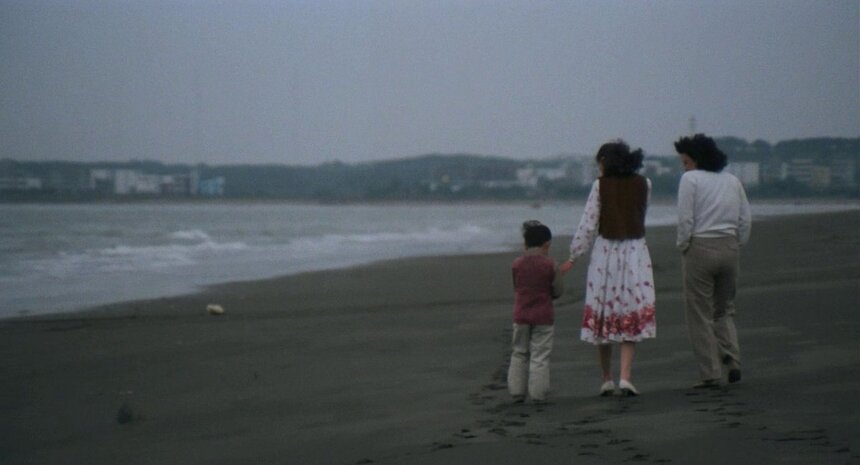|
Inscribed with the poetic film grammar and understated formal stylings of the Taiwanese New Wave which would later be perfected by the likes of Hou Hsiao-Hsien and Edward Yang, Growing Up remains, in a sense, intrinsically restrained by its early pioneering status. Stuck between Hollywood modes of filmmaking - which had major influence given the pervasive transnational influence of American culture - and the emergence of a new mode of storytelling entirely, Growing Up traverses the coming of age archetype through what I'd characterize as a muted version of what would be formalized to perfection later by such masterworks of the Taiwanese New Wave as A Brighter Summer Day and Dust in the Wind, among others. The innocence of youth - its naivety, and exuberance, both of which are intrinsically malleable to external forces - is a utility for these filmmakers to elucidate the specificity, both temporally and spatially, of Taiwan in which themes about the generational and cultural social divisions born out of diaspora and the subsequent search for identity have long become central nodes which calcify, conceptually, the Taiwanese New Wave. Growing Up is doesn't reach the same heights for me, yet it remains an emotionally effective, structurally efficient, and deeply tragic coming of a story in its own right, which in retrospect deserves perhaps more credit for helping launch the Taiwanese New Wave
0 Comments
Leave a Reply. |
AuthorLove of all things cinema brought me here. Archives
June 2023
|

 RSS Feed
RSS Feed
